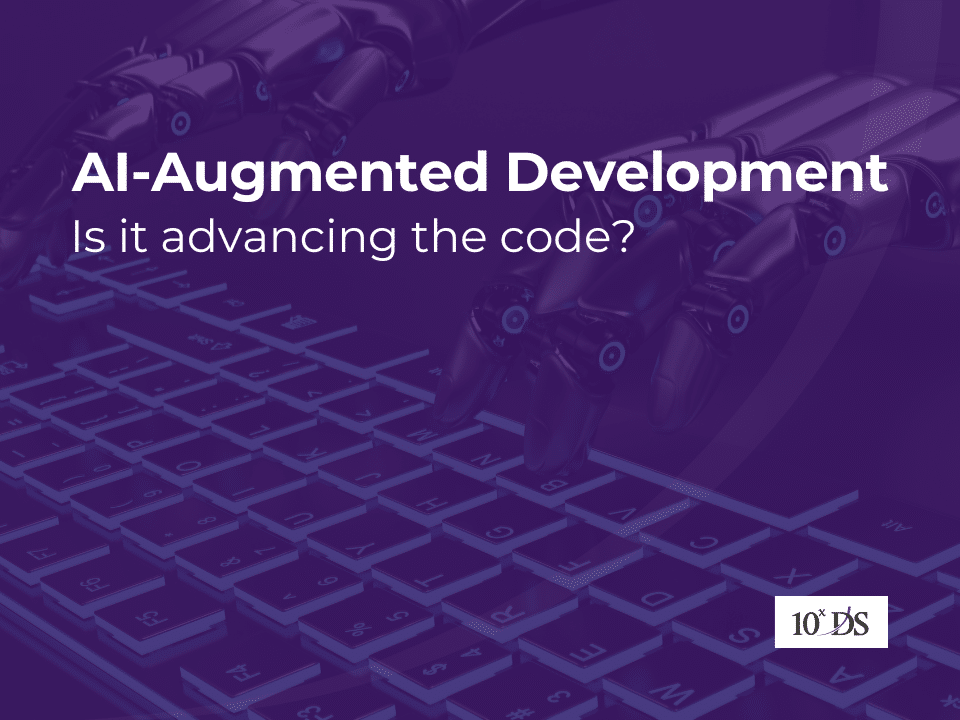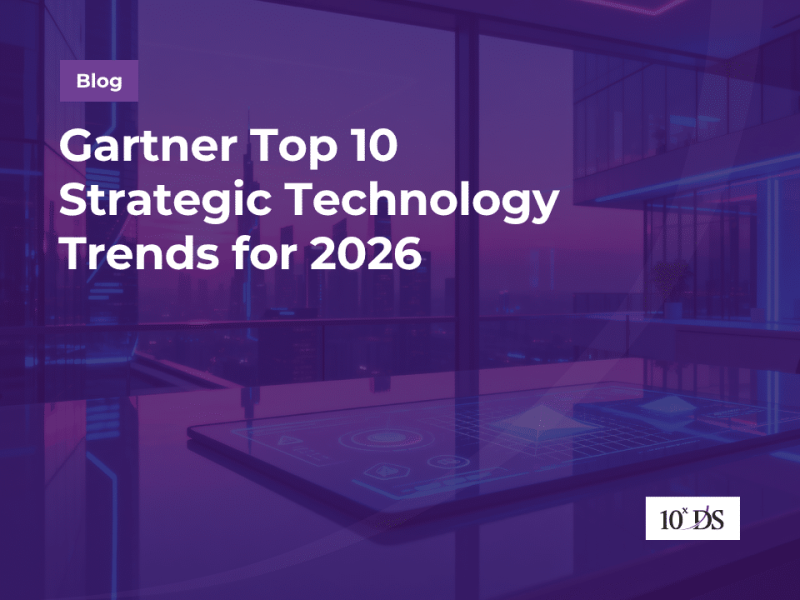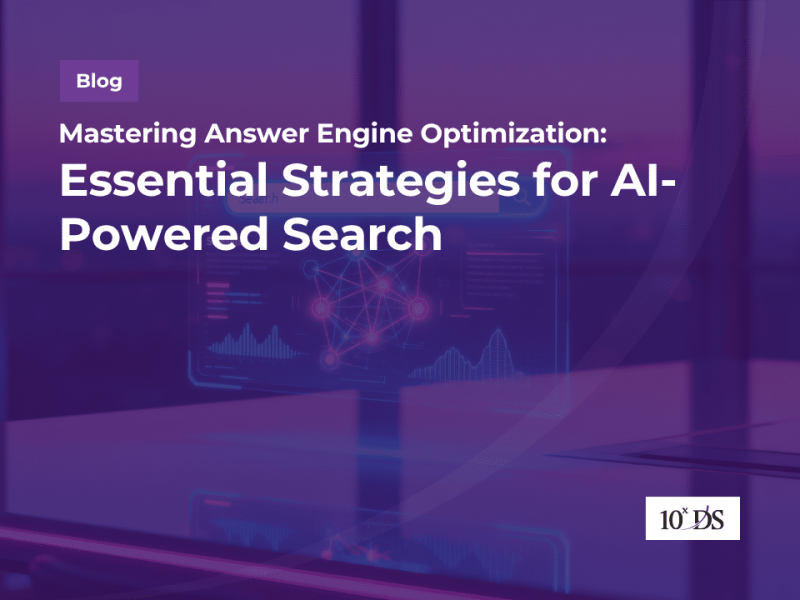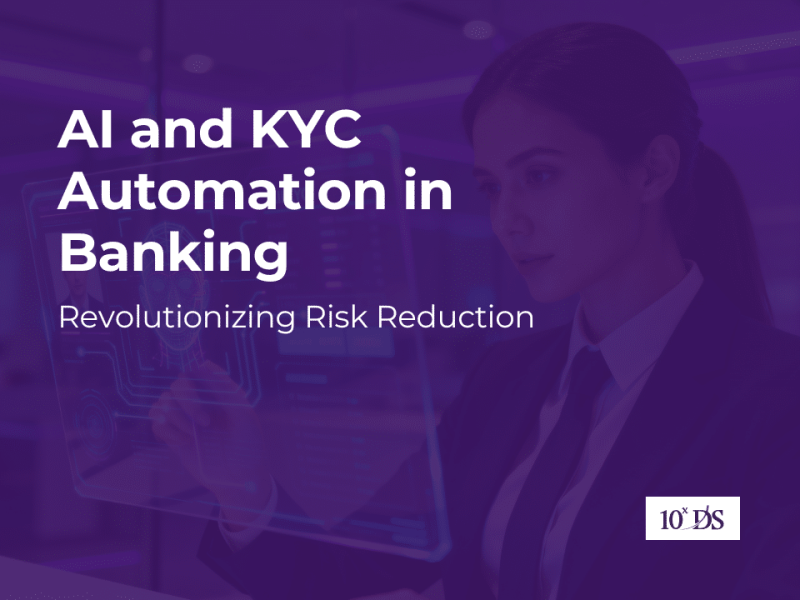
AI-Augmented Development – Is it advancing the code?
Artificial Intelligence (AI) has become a transformative force in software development, revolutionizing the way applications are built, optimized, and maintained. One of the latest frontiers in this realm is AI-augmented development. In this blog, we’ll explore every facet of AI Augmented Development, from its fundamental principles to the advanced tools reshaping the landscape in 2024.
What is AI-Augmented Software Development?
AI-augmented software development is an innovative approach that integrates artificial intelligence tools and technologies into the traditional software development life cycle. It aims to enhance and streamline the various stages of development, making the process more efficient, intelligent, and adaptive.
How Does AI-Augmented Development Differ from Other App Development?
Unlike traditional app development, AI-augmented development leverages machine learning algorithms, natural language processing, and other AI technologies to automate coding tasks, generate code snippets, and provide intelligent suggestions to developers. This not only accelerates the development process but also improves code quality and reduces errors.
Impact of AI-Augmented Software Development
Faster Development Cycles: AI tools automate routine tasks, such as code generation and debugging, allowing developers to focus on higher-order problem-solving and creative aspects. This results in quicker turnaround times from ideation to deployment.
Improved Code Quality: AI algorithms analyze large datasets and identify patterns, enabling them to detect potential errors and vulnerabilities in the code. As a result, software quality improves significantly.
AI-Augmented Software Development capabilities
AI-augmented development can significantly enhance Agile methodologies by providing advanced capabilities and automation that align with Agile principles and practices. Here are the key components:
Code Review and Bug Detection:
AI-driven tools automate code review and bug detection processes, improving efficiency and code quality. These tools utilize static analysis, pattern recognition, and machine learning to identify coding mistakes, performance issues, security vulnerabilities, and deviations from best practices in real-time.
Project Planning and Management:
AI-based project planning optimizes resource allocation, task scheduling, and risk assessment using historical data and real-time insights, ensuring efficient project execution and delivery.
Requirement Generation:
AI automates requirement gathering and analysis, accelerating project initiation and ensuring alignment with stakeholder expectations and industry standards.
Enhanced Developer Productivity:
AI tools streamline coding tasks, generate code snippets, and offer intelligent suggestions, enabling developers to focus on innovation and complex problem-solving.
DevOps and Deployment Optimization:
AI automates continuous integration (CI), deployment, and monitoring processes, improving system stability and reliability in software delivery pipelines.
Workload Optimization:
AI-driven workload optimization optimizes resource allocation and scalability, enhancing resource efficiency and system responsiveness.
How Does AI-Augmented Development aids agile methodologies?
- Automated Task Management using AI within Agile methodologies optimizes task allocation based on real-time data, improving productivity and adaptability.
- Improved Sprint Planning with AI involves analyzing project data to provide accurate estimations, enhancing decision-making and goal setting.
- Enhanced Communication and Collaboration with AI-driven chatbots streamline communication across distributed Agile teams, fostering efficiency and cohesion.
- Predictive Analytics for Risk Management uses AI to proactively identify and mitigate project risks, ensuring smoother Agile iterations and delivery cycles.
- Automated Code Reviews and Testing powered by AI accelerates development cycles and aligns with Agile principles of continuous integration and delivery.
- Continuous Improvement facilitated by AI-driven analytics identifies bottlenecks and suggests process improvements based on Agile metrics, fostering a culture of innovation and adaptability.
- Personalized Agile Coaching uses AI to provide tailored feedback and development plans, enhancing team effectiveness and Agile skills.
Developers widely use AI tools for writing code, debugging, and getting help, with popular tools including GitHub Copilot, Google’s Duet AI, Tabnine, Amazon CodeWhisperer, and Google Cloud AI Platform. Looking ahead, AI-augmented development will witness exciting advancements in Generative AI for Code, Ethical AI Development, AI-driven Testing and Debugging, Natural Language Interfaces, Domain-Specific AI Models, Collaborative AI Development, AI-Driven Creativity, Seamless Integration with IDEs, Explainable AI for Developers, and AI-Driven DevOps and CI/CD. In summary, AI-augmented development promises a future where creativity, efficiency, and collaboration thrive, propelling software development to new heights through a symbiotic relationship between human ingenuity and machine intelligence.
Talk to our experts to learn more.


